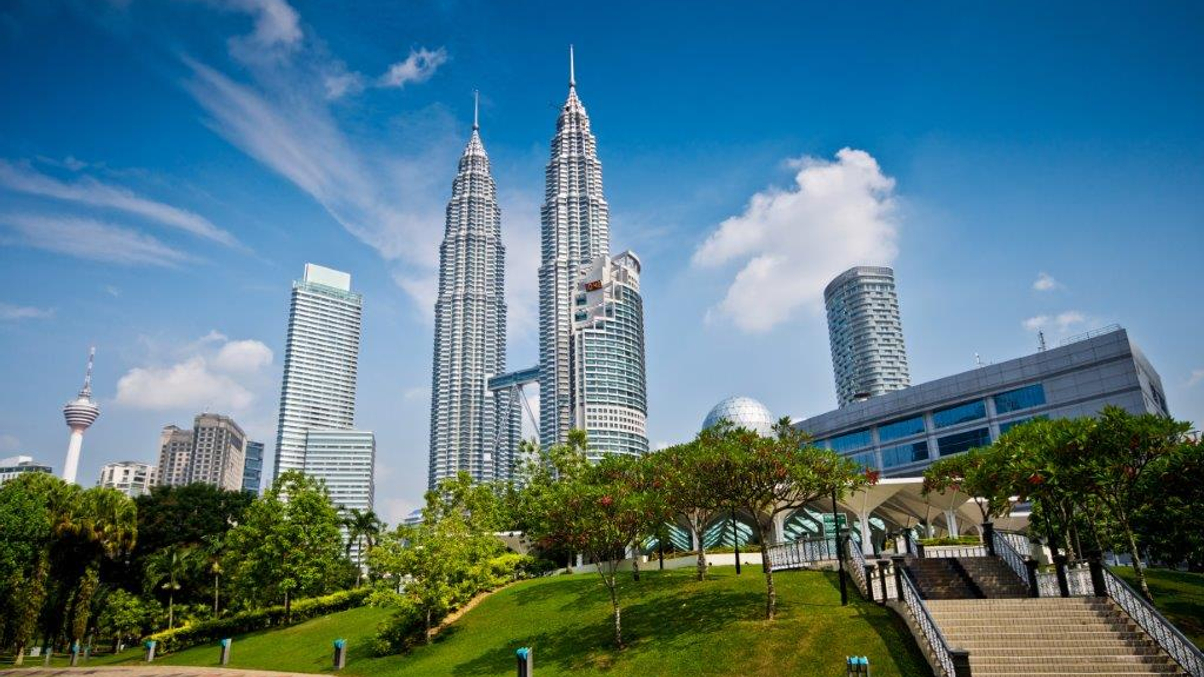How sukuk issuances are riding the wave of ESG
At the heart of Islamic bonds or sukuk is the idea of responsible investing, little wonder, then, that it should be finding its place in the world of sustainable investment.

The demand for sukuk, commonly known as Islamic bonds, is expected to continue with its steady growth as more investors look for opportunities that are aligned with environmental, social and governance (ESG) investing and that also deliver stable income.
Sign in to read on!
Registered users get 2 free articles in 30 days.
Subscribers have full unlimited access to AsianInvestor
Not signed up? New users get 2 free articles per month, plus a 7-day unlimited free trial.
¬ Haymarket Media Limited. All rights reserved.


